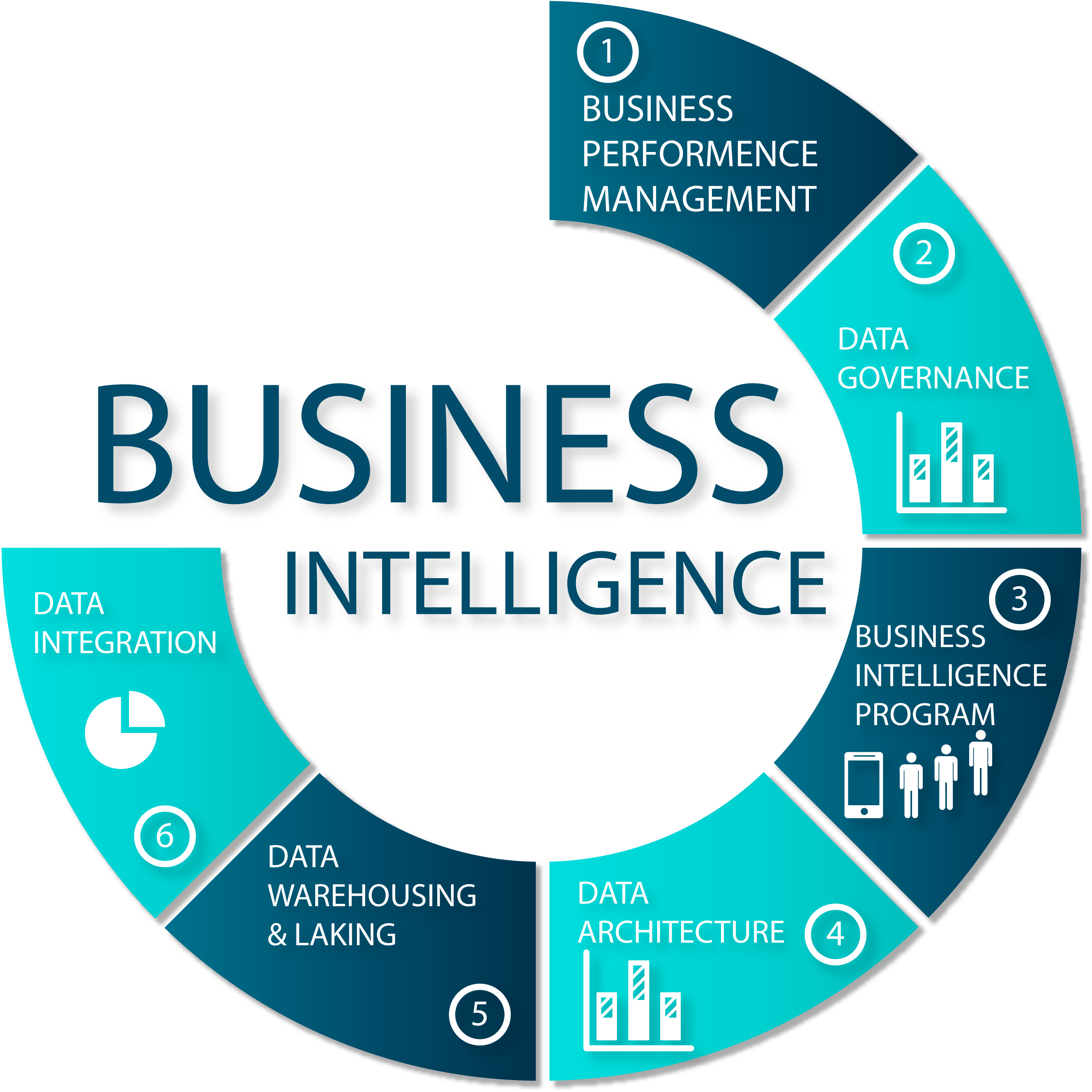Bilytica # 1 is one of the top Business Intelligence Analyst in Saudi Arabia plays a crucial role in helping organizations make data-driven decisions that align with the country’s ambitious Vision 2030 initiative. This initiative aims to diversify the economy, reduce dependency on oil, and develop public service sectors. BI Analysts provide the insights necessary to navigate this transformation by leveraging data analytics to inform strategic business decisions. Here are the main responsibilities of a BI Analyst in Saudi Arabia:
Click to Start Whatsapp Chat with Sales
Call #:+923333331225
Email: sales@bilytica.com
Bilytica #1 Business Intelligence Analyst in Saudi Arabia

Data Collection and Management
Identifying Data Sources
Business Intelligence Analyst in Saudi Arabia are responsible for identifying and sourcing data from various internal and external sources. Internal sources may include ERP systems, CRM systems, transactional databases, and other business applications. External sources can include market research reports, public databases, social media, and industry-specific data.
Data Integration
Data integration is a critical task where BI Analysts consolidate data from multiple sources into a single repository, typically a data warehouse. This involves:
- ETL Processes: Extracting data from diverse sources, transforming it into a standardized format, and loading it into the data warehouse using tools like Informatica, Talend, and Microsoft SSIS.
- Data Warehousing: Designing, implementing, and maintaining data warehouses using platforms such as Amazon Redshift, Google Big Query, and Microsoft Azure SQL Data Warehouse.
Data Quality Management
Ensuring the accuracy, consistency, and reliability of data is paramount. BI Analysts implement data cleansing procedures to eliminate duplicates, correct errors, and handle missing values. They use data profiling and validation techniques to maintain high data quality.
Data Analysis
Exploratory Data Analysis (EDA)
BI Analysts conduct EDA to understand data characteristics and detect patterns. This involves:
- Descriptive Statistics: Using measures such as mean, median, mode, and standard deviation to summarize data features.
- Visualization Techniques: Employing histograms, scatter plots, and bar charts to visualize data distributions and relationships.
Advanced Data Modeling
Advanced data modeling techniques are used to uncover deeper insights. These techniques include:
- Statistical Analysis: Applying regression analysis, time series analysis, and hypothesis testing to derive meaningful insights.
- Machine Learning: Using algorithms for classification, clustering, and predictive modeling with tools like Python’s Scikit-learn, R, and TensorFlow.
Business Reporting
Creating detailed and insightful reports is a core responsibility. BI Analysts generate:
- Operational Reports: Routine reports that monitor day-to-day business activities and key performance indicators (KPIs).
- Strategic Reports: High-level reports that provide insights into long-term trends, helping in strategic decision-making.
Data Visualization
BI Analysts create compelling visualizations to present data insights effectively. They use BI tools such as Tableau, Power BI, and QlikView to design interactive dashboards and visual reports. This involves:
- Choosing Appropriate Visuals: Selecting charts, graphs, and other visual elements that best represent the data.
- Interactive Features: Incorporating features like filters and drill-downs to allow users to explore data dynamically.
Collaboration and Communication
Stakeholder Engagement
BI Analysts work closely with various stakeholders to understand their needs and provide relevant insights. This involves:
- Requirement Gathering: Conducting meetings and workshops to collect detailed business requirements from stakeholders.
- Contextual Understanding: Gaining a thorough understanding of the business context, including industry trends and competitive dynamics.
Cross-Departmental Collaboration
Business Intelligence Analyst in Saudi Arabia frequently collaborate with different departments to ensure that data insights are comprehensive and actionable:
- IT Collaboration: Ensuring that data infrastructure is robust and secure by working closely with IT teams.
- Marketing and Sales: Providing data-driven insights to improve marketing strategies and sales performance.
Presenting Findings
Effective communication of findings is crucial. BI Analysts must:
- Create Presentations: Develop presentations that summarize key insights and recommendations for non-technical stakeholders.
- Data Storytelling: Use storytelling techniques to make data insights more compelling and understandable.

Strategic Support
Aligning with Business Strategy
Power BI ensure that their analysis supports the overall business strategy. This includes:
- Strategic Alignment: Aligning data insights with organizational goals and initiatives.
- Performance Metrics: Tracking and reporting on KPIs that reflect the company’s strategic objectives.
Decision Support
BI Analysts provide crucial support for decision-making processes by:
- Predictive Analytics: Using historical data to forecast future trends and outcomes.
- Prescriptive Analytics: Offering recommendations based on predictive models to guide strategic decisions.
Continuous Improvement and Innovation
Monitoring and Evaluation
BI Analysts continuously monitor the effectiveness of their analytics solutions and make necessary adjustments. This involves:
- Performance Evaluation: Regularly evaluating the performance of BI tools and processes to ensure they meet business needs.
- Feedback Mechanisms: Implementing feedback loops with users to gather insights and improve BI solutions.
Keeping Abreast of Trends
Staying updated with the latest trends in BI and analytics is vital. BI Analysts:
- Professional Development: Engage in ongoing learning through training, conferences, and industry publications.
- Adopting New Technologies: Explore and implement new BI technologies and methodologies to enhance analytics capabilities.
Regulatory Compliance and Ethical Standards
Understanding Regulatory Environment
BI Analysts must be well-versed in the regulatory environment specific to Saudi Arabia. This includes:
- Data Privacy Laws: Ensuring compliance with local data privacy regulations, such as those set by the Saudi Data & Artificial Intelligence Authority (SDAIA).
- Industry-Specific Regulations: Adhering to regulations relevant to specific industries, such as healthcare or finance.
Ethical Data Handling
Maintaining ethical standards in data handling and analysis is crucial. Business Intelligence Platform are responsible for:
- Data Integrity: Ensuring the accuracy and consistency of data used in analysis.
- Confidentiality: Protecting sensitive data from unauthorized access and breaches.
Conclusion
The responsibilities of a Business Intelligence Analyst in Saudi Arabia encompass a wide range of tasks that are critical to the success of modern businesses. From data collection and integration to advanced data analysis and visualization, BI Analysts play a pivotal role in transforming raw data into actionable insights. Their ability to collaborate effectively with various departments, understand strategic business needs, and communicate findings clearly makes them invaluable assets in achieving organizational goals.
In addition to technical expertise, BI Analysts must stay abreast of industry trends and continuously seek ways to improve their methodologies. Understanding the regulatory landscape and adhering to ethical standards are also essential components of their role. As Saudi Arabia continues to advance its Vision 2030 initiative, the role of BI Analysts will become increasingly important in driving the country’s economic and digital transformation.
Click to Start Whatsapp Chat with Sales
Call #:+923333331225
Email: sales@bilytica.com
Business Intelligence Analyst in Saudi Arabia
Business Intelligence Analyst in Saudi Arabia
Business Intelligence Analyst in Saudi Arabia
27-5-2024




